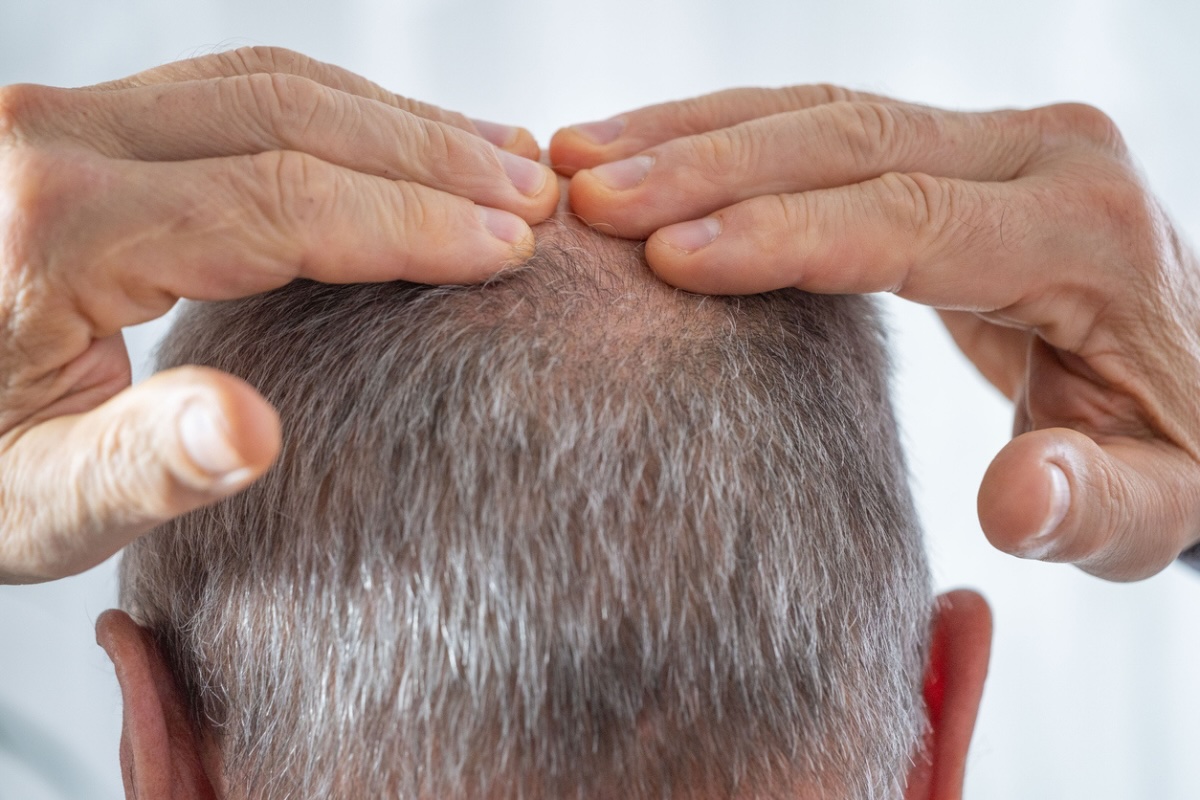In a comprehensive breakdown of U.S. health data, a group of Chinese university researchers have discovered an intriguing link between sex and psychological well-being. In short, the team suggests that moderate sexual frequency might stave off depression.
The paper – appearing in the Journal of Affective Disorders – reports on data from the National Health and Nutrition Examination Survey (NHANES) spanning 2005 to 2016. That project looked at 15,794 adults between the ages of 20 to 59, and found that those engaging in sexual activity one to two times a week had much lower odds of reporting depressive symptoms.
It’s a timely argument, since multiple studies confirm that depression rates have shot up in recent years, due in no small part to the COVID-19 pandemic.
Methodology
The 2021 Global Burden of Disease study ranks depression among the top causes of disability worldwide, surging past 4,000 cases per 100,000 people. Traditional treatments often prove to be insufficient – or shackled to adverse side effects – which has spurred growing interest in developing alternative – or at least complementary – interventions.
The researchers behind this latest study theorized that sexual frequency could be an important modifiable behavioral factor. Relying on the Patient Health Questionnaire-9 (PHQ-9), the authors calculated the participants’ mental health as it related to their self-reported sexual activity.
What they found surprised them. Participants who reported monthly sexual activity – but less than weekly – boasted lower odds of depression – 42% lower – compared to those who had sex less than once a month.
On the other hand, those having sex at least once a week showed a similar drop in depression odds – 40% lower. The researchers also uncovered a “saturation effect,” implying that the mental health benefits plateau beyond a frequency of one to two times weekly.
“Our analysis is the first of its kind to demonstrate a statistically significant, independent relationship between sexual frequency and depression in a large, nationally representative sample,” the researchers wrote. “A moderate frequency of sexual activity –about once or twice a week – was associated with the greatest psychological benefit.”
The study’s authors controlled for various demographic and health factors, including age, gender, marital status, and antidepressant use.
Notably, the protective association persisted even after excluding individuals on antidepressants, though the benefit tapered off slightly. This, the authors insist, suggests that while medication might influence sexual frequency and mood, the relationship between sex and mental health remains an independent one.
Benefits, Up To a Point
Multiple factors drive the mechanisms behind this link. Previous research has shown that sexual activity dumps endorphins and other mood-boosting chemicals into the body, mitigating stress, and even working as a form of low-intensity exercise.
Additionally, satisfying sexual relationships might improve emotional intimacy along with the quality of the relationship.
The authors did point out, however, that bumping up sexual frequency beyond the twice-weekly threshold failed to produce additional mental health benefits. This aligns with earlier research, which found diminishing returns for well-being past moderate levels of sexual activity.
Importantly, researchers caution against interpreting the results as a directive to pursue more sexual encounters indiscriminately. “It’s not about quantity for its own sake,” said the lead author. “Context matters—relationship satisfaction, consent, and personal well-being all play crucial roles. Sexual frequency should be seen as one indicator among many.”
Connecting Sexual Health to Mental Health
The findings also underscore the importance of considering sexual health as part of standard mental health assessments.
“Despite its relevance, sexual activity is often overlooked in clinical evaluations of depression,” the researchers noted. “Self-reported sexual frequency is a quantifiable, accessible measure that can offer insights into both psychological and relational health.”
While the study establishes a strong link, researchers acknowledge the need for further investigation to determine causality. For example, it’s possible that depression leads to decreased sexual activity, rather than the other way around. Or maybe both are subject to the influence of other factors.
Either way, it’s hard to ignore the implications of this research. In an environment desperate for a more proactive approach to health care (mental or otherwise), regular, satisfying sexual activity could represent a low-cost, non-pharmacological tool for supporting mental health.
“A sexual frequency of one to two times per week may serve as a reference standard for mental health evaluation and monitoring in adults,” the researchers concluded. “Further research is needed, but these findings offer a promising avenue for enhancing psychological well-being through behavioral means.”
Further Reading
Research Explores the Latest in Sex and Psychiatry
Sex Differences in Antidepressant Acceptability
Impairment of Sexual Desire in Treatment-Resistant Depression


